Articles by Media Institute of Southern Africa (MISA)
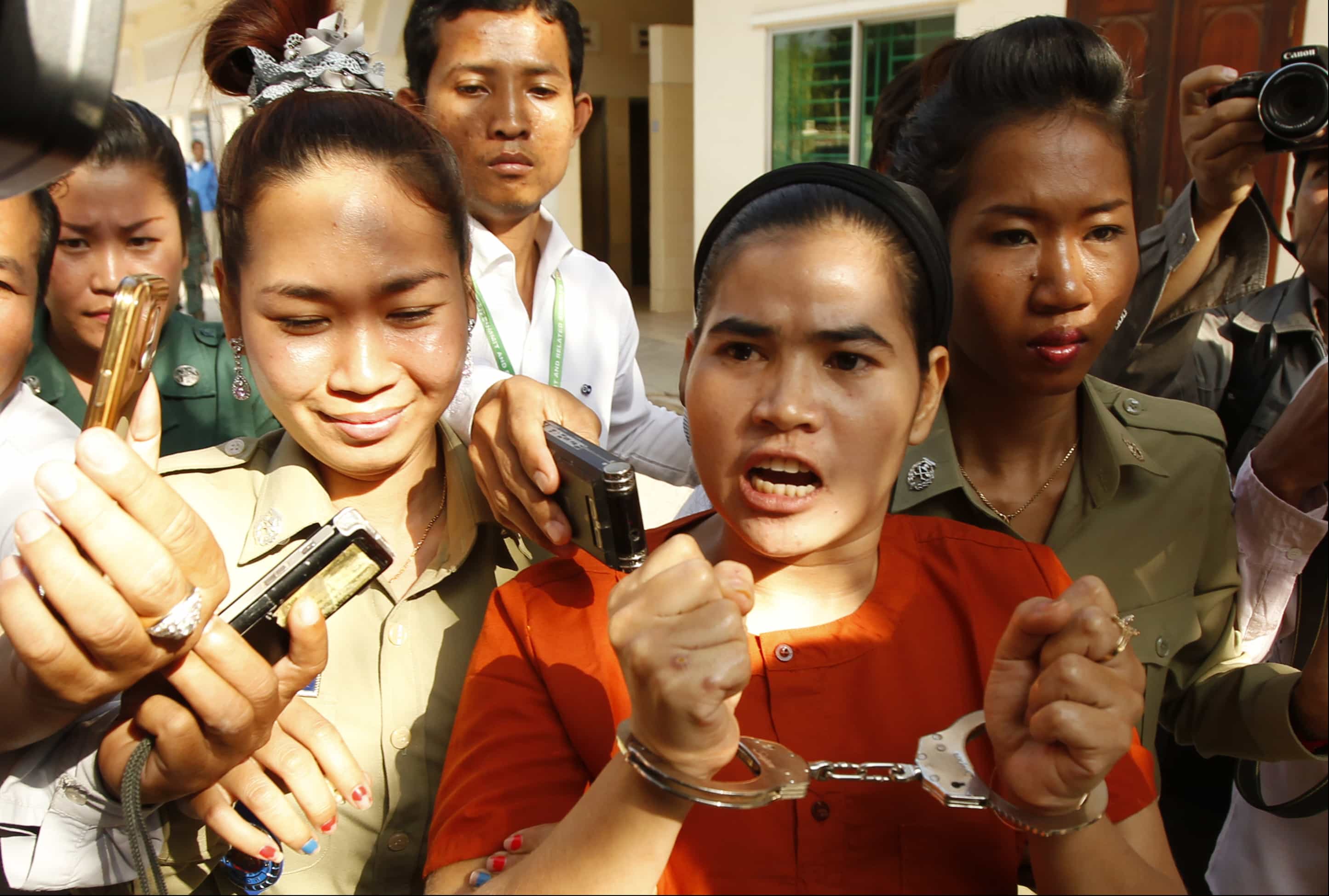
One Year On: Cambodia must immediately release Tep Vanny
67 NGOs call for the immediate and unconditional release of human rights defender Tep Vanny on the one-year anniversary of her detention.
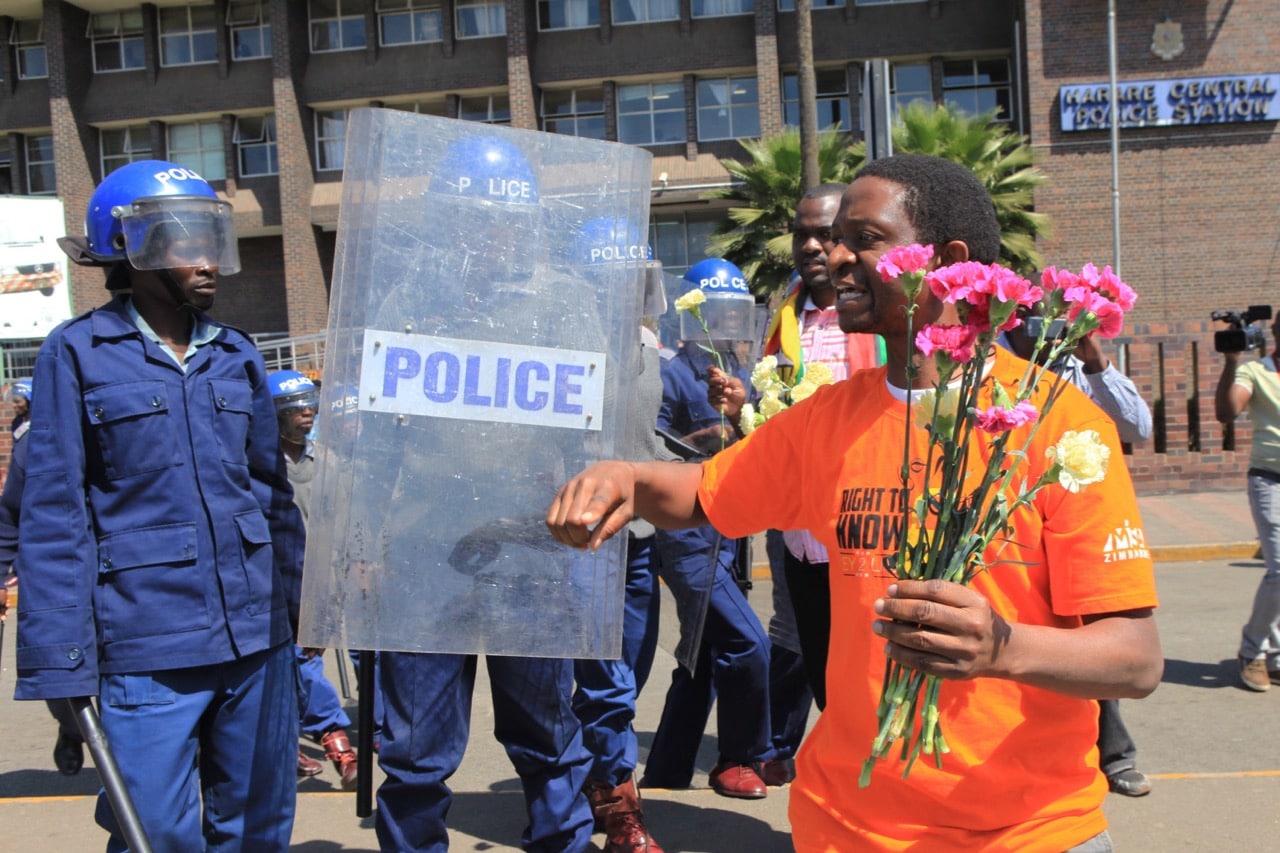
Broken hearts and stifled words: July in Africa
Suna Venter’s broken heart, silencing Sudan’s FIFA suspension, the unsolved case of Burundi’s Jean Bigirimana, policing police in Zimbabwe and more from Somalia, Senegal, Nigeria and South Sudan.
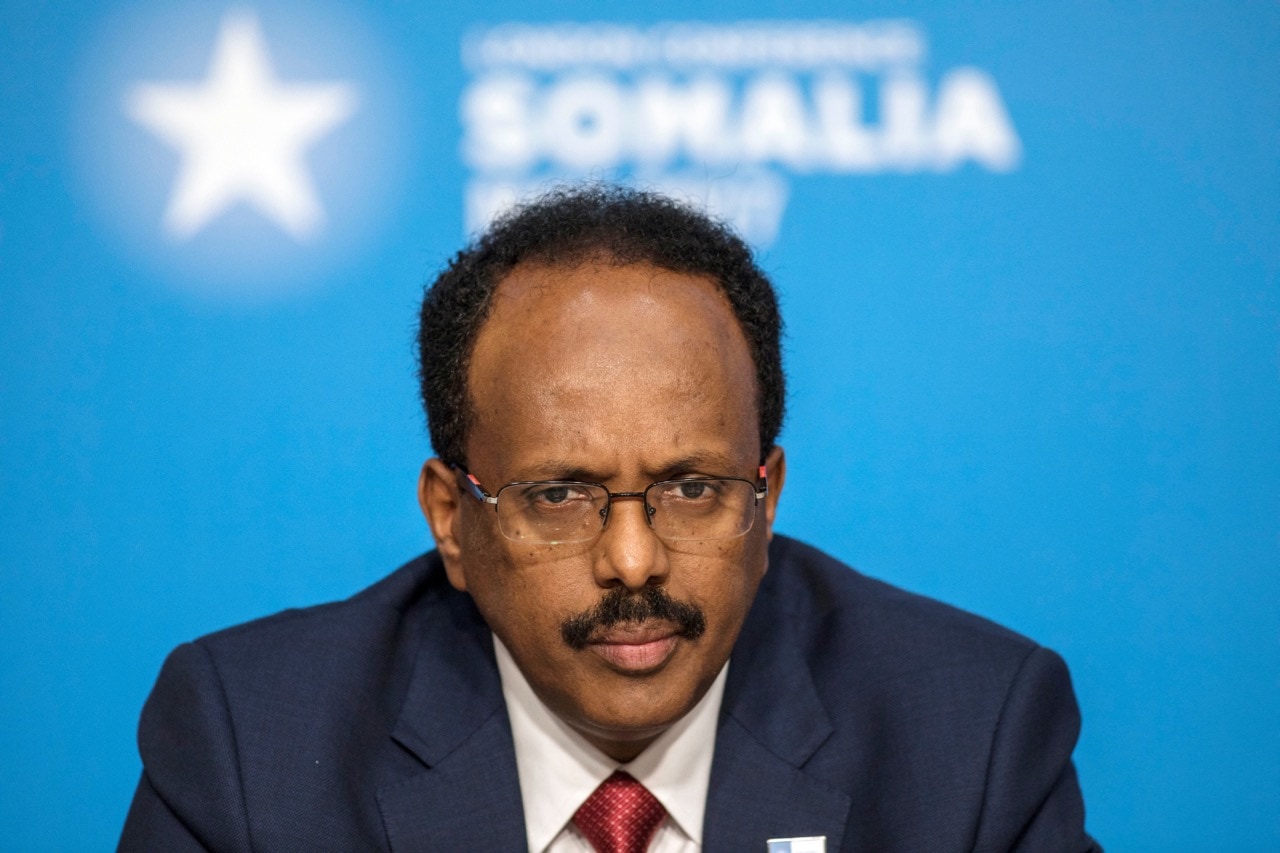
New bill could compromise independence of Somalia Media Commission
If adopted, a new law will allow the Somali government to establish a statutory media regulatory body – the Somali Media Commission – by nominating, approving and appointing its 9 members, and compromising its independence.
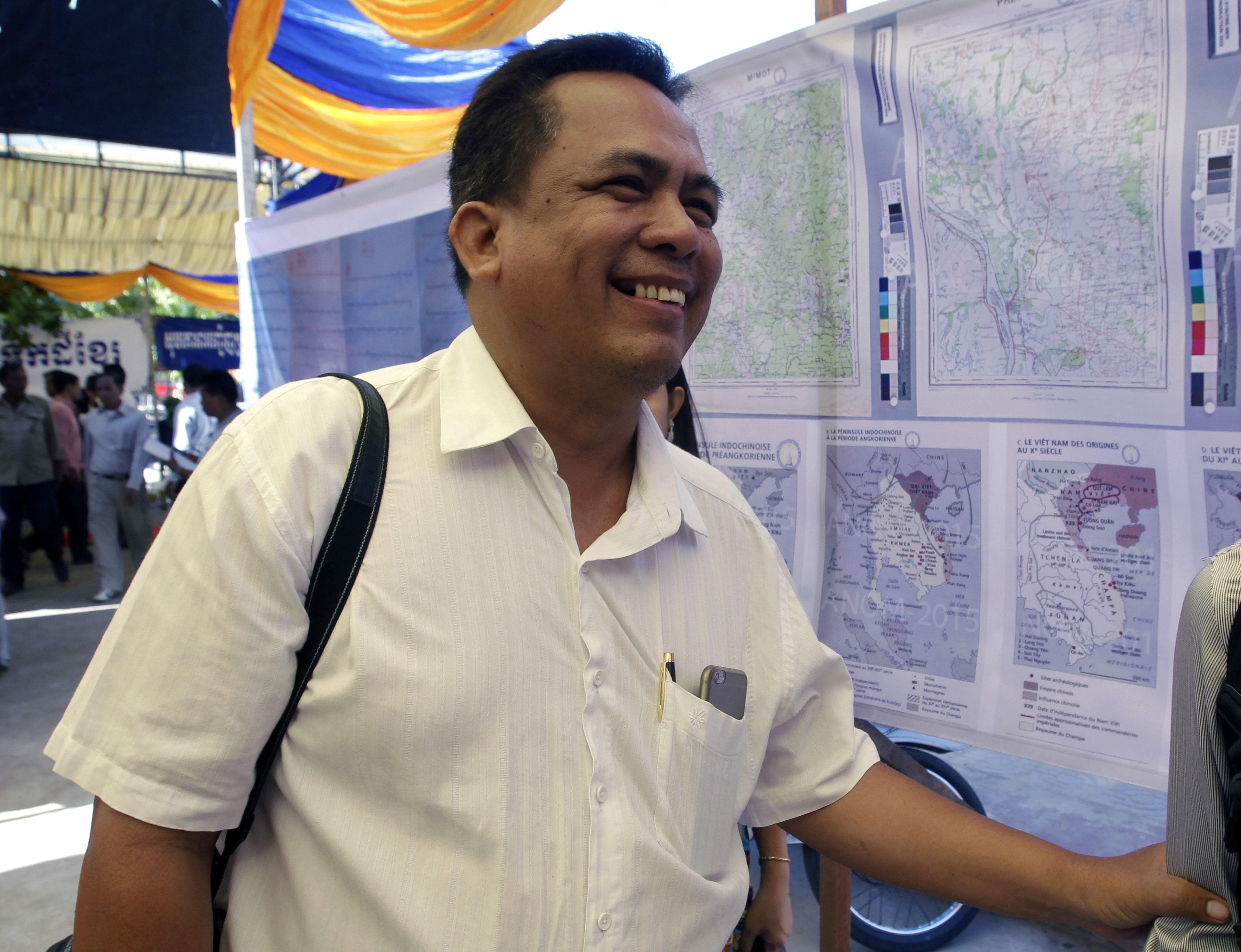
Pressure mounts on Cambodia a year after Kem Ley’s killing
On the one-year anniversary of the death of popular Cambodian activist Kem Ley, civil society organisations from around the world reiterated their call for an independent inquiry.
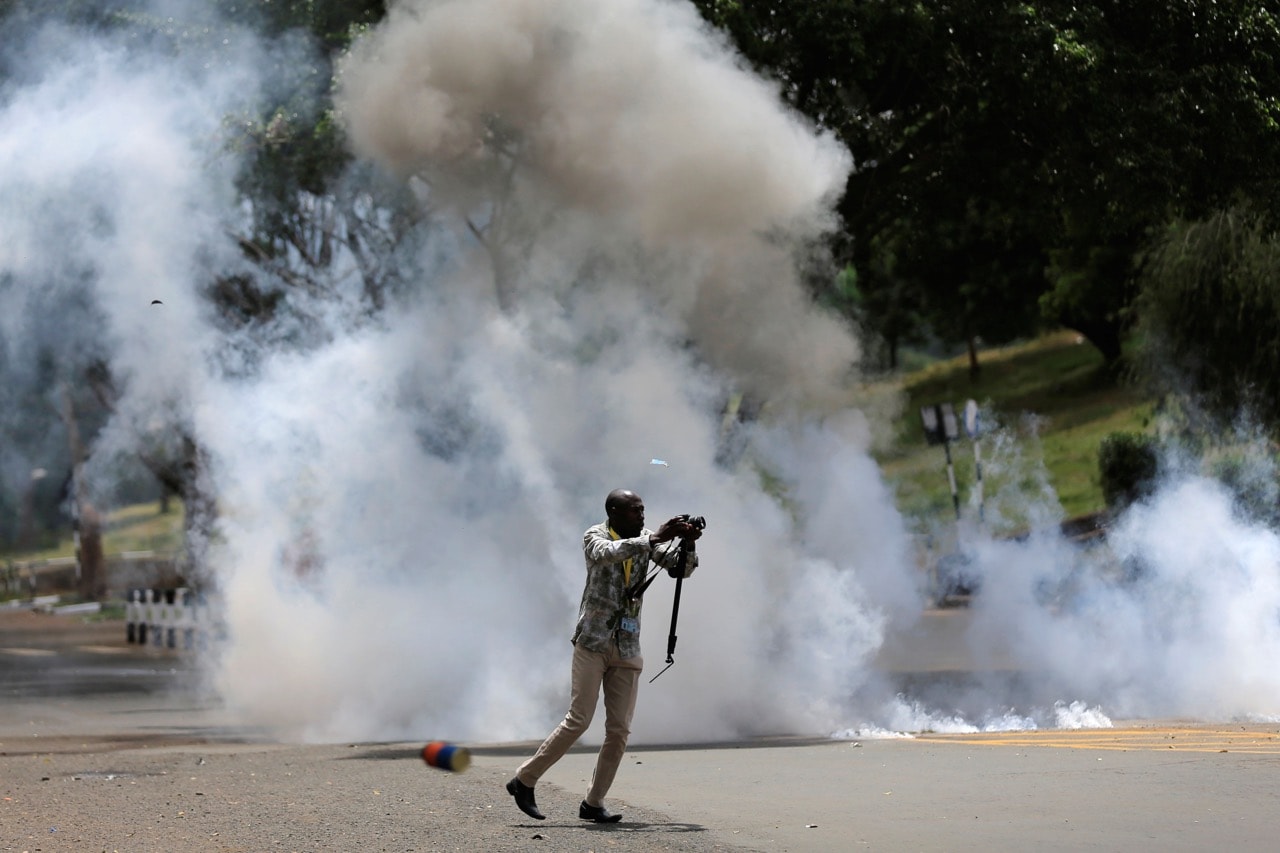
Network of African free expression groups calls for end to impunity for crimes against journalists
AFEX deplores the increasing incidents of killings, physical attacks, arbitrary arrests and detentions, threats and harassment of journalists, media professionals and activists in Africa as a threat towards the enjoyment of free expression and the ultimate development of the continent.
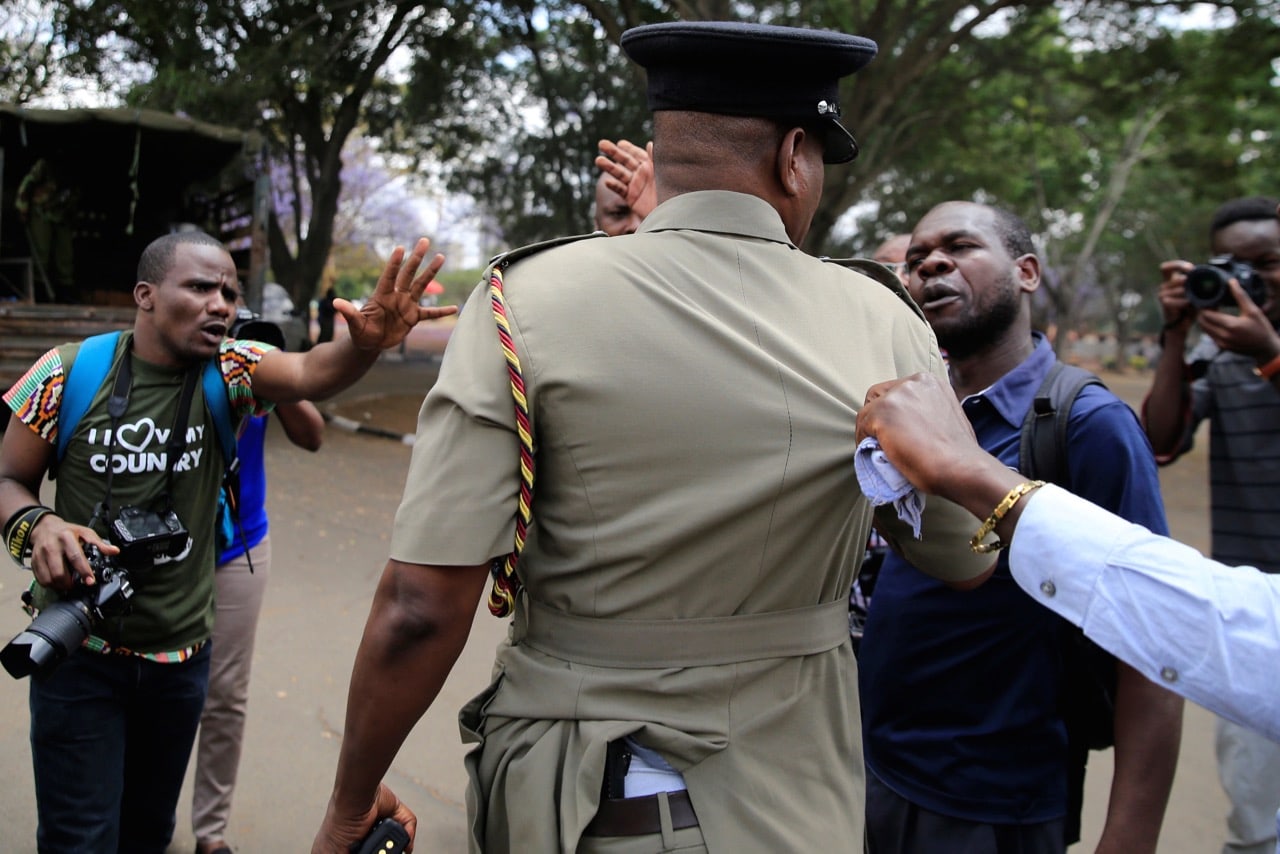
Africa at a glance: Elections, mining for trouble and a threat to the state
Silenced politicians in Kenya and Rwanda, Tanzanian taboos and Nigerian “threats to the state”. This and much more from South Sudan, Togo and Côte d’Ivoire in our June round-up of free expression news.
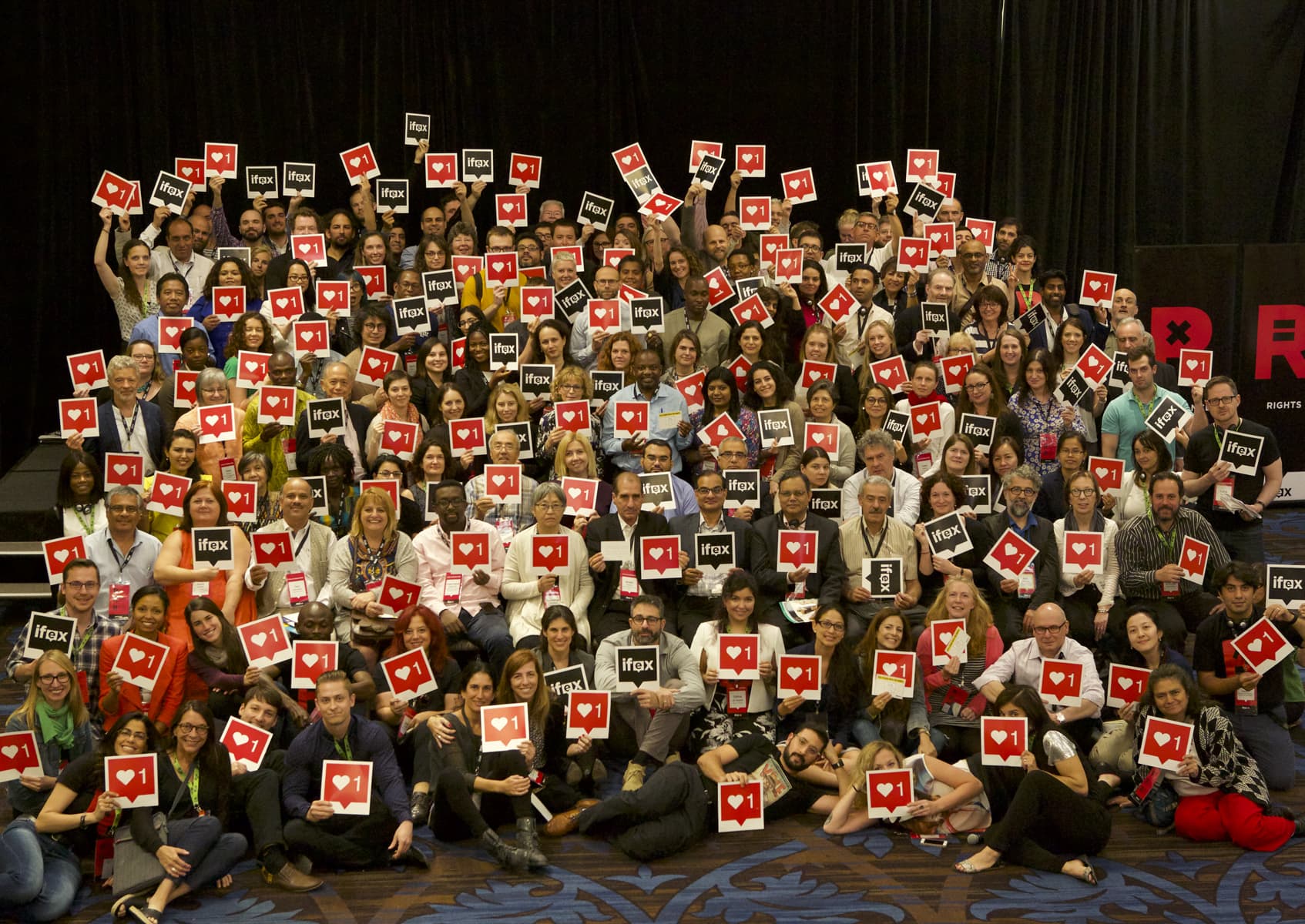
Statement of Solidarity in Support of MENA HRDs for IFEX25
NGOs around the world ask authorities to stop campaigns of repression against HRDs and civil society organisations in the Middle East and North Africa region
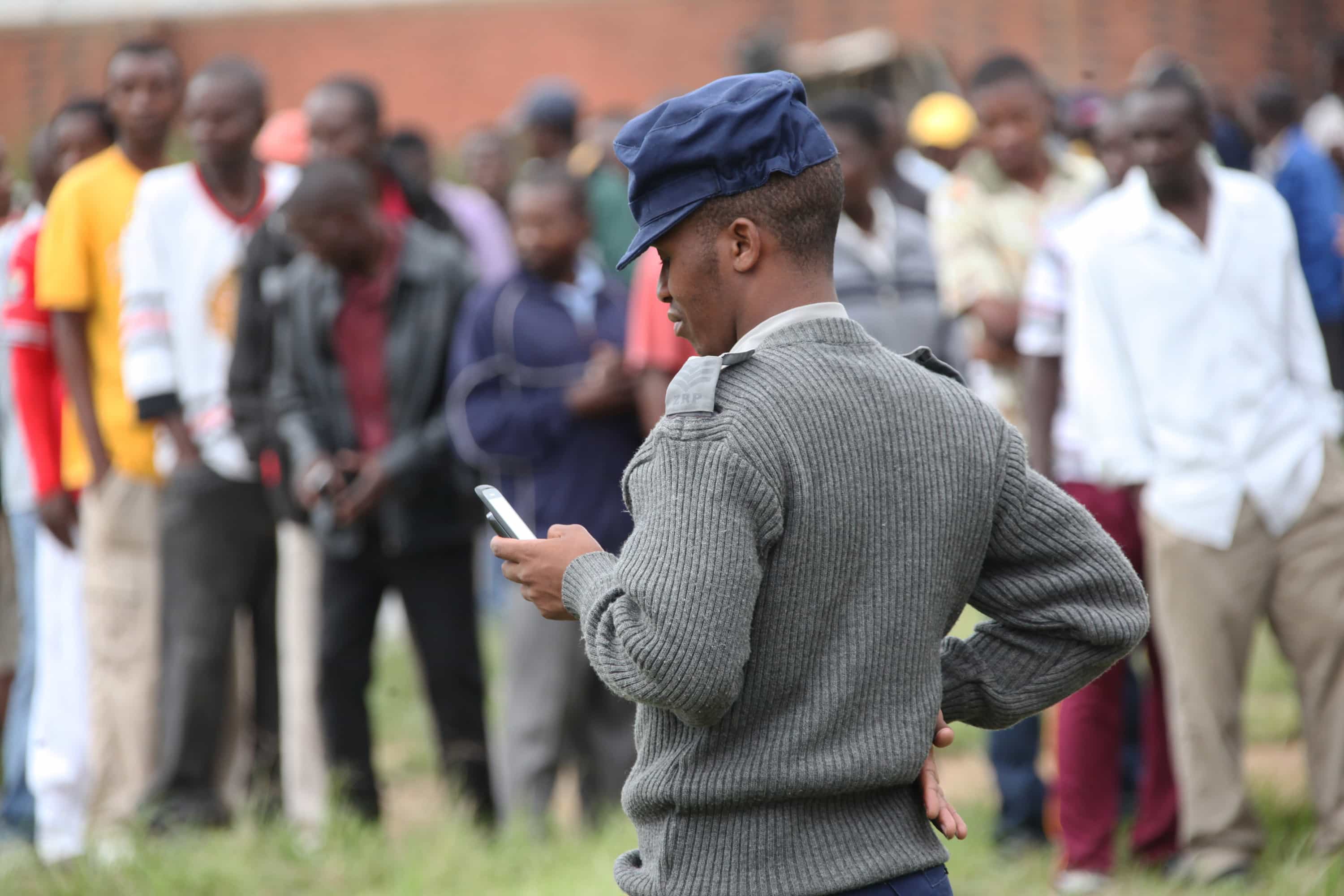
New censorship board in Zimbabwe to “regulate and control” media
While the minister said the new board had been entrusted with safeguarding people’s rights and trusts, this can only be achieved by amending or repealing offensive sections of the act which are inconsistent with the country’s 2013 Constitution.
